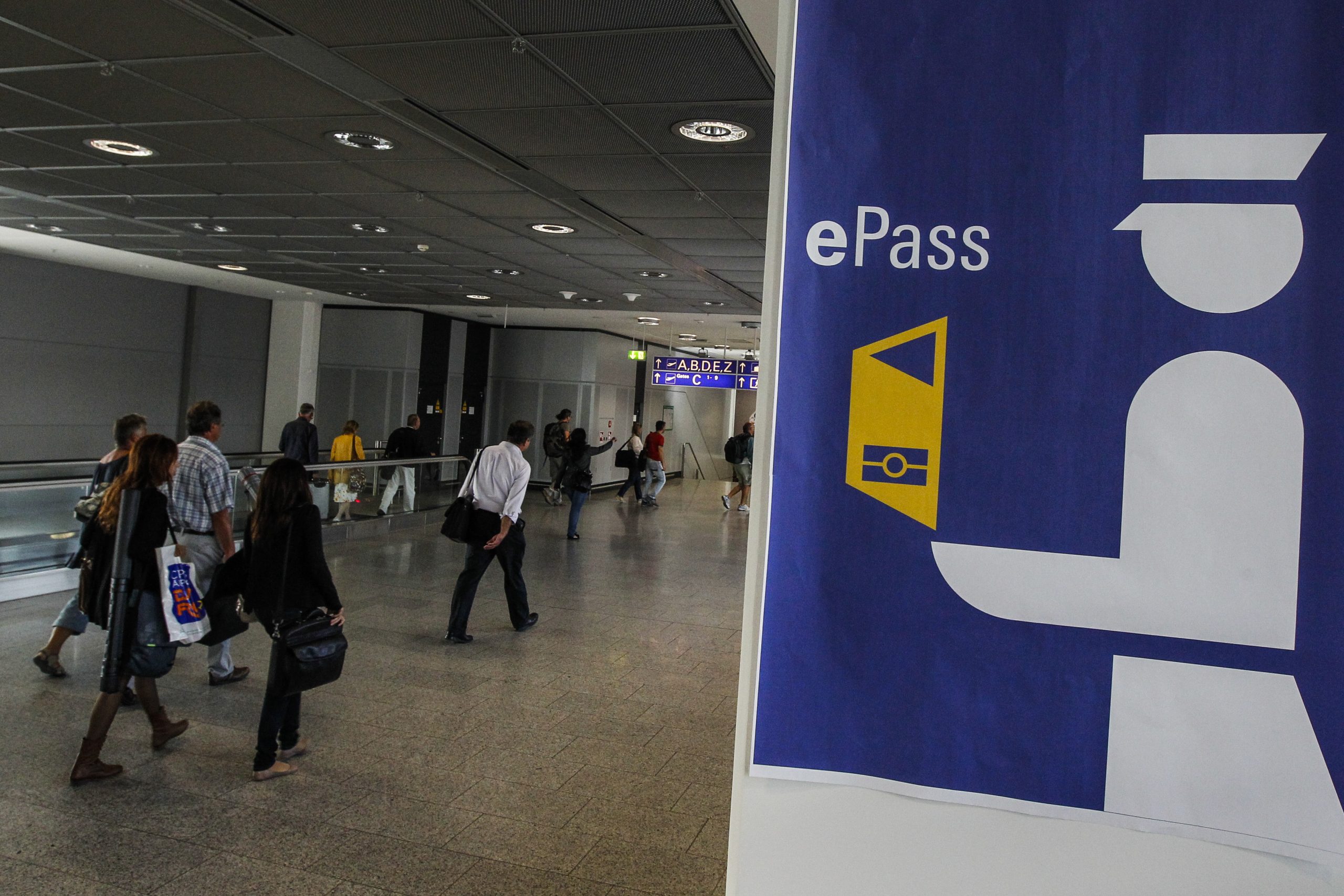Deal on an enhanced information system for visas in the EU
 ©-European-Union-2011, Illustration showing the EasyPASS system at Frankfurt Airport custom on September 24, 2012.
©-European-Union-2011, Illustration showing the EasyPASS system at Frankfurt Airport custom on September 24, 2012.- Additional safeguards to access the different systems and databases
- More biometric data collected to help trace missing children
Parliament and Council’s negotiators agreed on a reform of the Visa Information System that works well with key databases and respects fundamental rights.
According to the political agreement reached on Tuesday, the future Visa Information System (VIS) Regulation will establish clear conditions for access to different systems and databases, as well as the necessary fundamental rights safeguards.
Parliament’s key demands were taken on board in the negotiation. The deal provides for:
- improved legal and technical architecture of the system and interoperability with the other EU databases (Schengen Information System, the Entry-Exit System, European Travel Information Authorisation System, Eurodac, Europol data and ECRIS-TCN ) as part of the visa procedure;
- long-stay documents are included, and the rights of the holders of such documents are safeguarded more robustly;
- enhanced access for Europol and law enforcement authorities to VIS data;
- the age at which fingerprints and facial images of minors can be collected will be lowered from 12 to 6 years in order to help identify and trace missing children, combat child trafficking and establish family links; fingerprints will not be required from those over the age of 75;
- better safeguards on the use of facial images for biometric matching.
The Commission will keep both the Parliament and the Council informed about the state of play on the preparations for the implementation of this reform, due in 2023.
Quote
Rapporteur Paulo RANGEL (EPP, PT) said: “The European Parliament is delivering to our citizens. Better protecting our external borders, fighting child trafficking and terrorism, reinforcing free movement and Schengen, and contributing to a more efficient return policy. However, a fundamental principle must still be respected: a bigger system means bigger safeguards. This is the most important reform since the VIS was established and will have to be ready in 2023.”
Next steps
Work at technical level will be finalised shortly to reflect the results of the agreement. Parliament and Council will then have to endorse the deal.
Background
The Visa Information System (VIS) is an EU database used by authorities to check non-EU nationals who need a visa to travel to the Schengen area. It consists of a central IT system and of communication infrastructure that connects consulates in non-EU countries and all external border-crossing points of Schengen States.
In May 2018, the European Commission submitted a proposal to upgrade the Visa Information System, to better respond to evolving security and migratory challenges and improve the EU’s external border management
